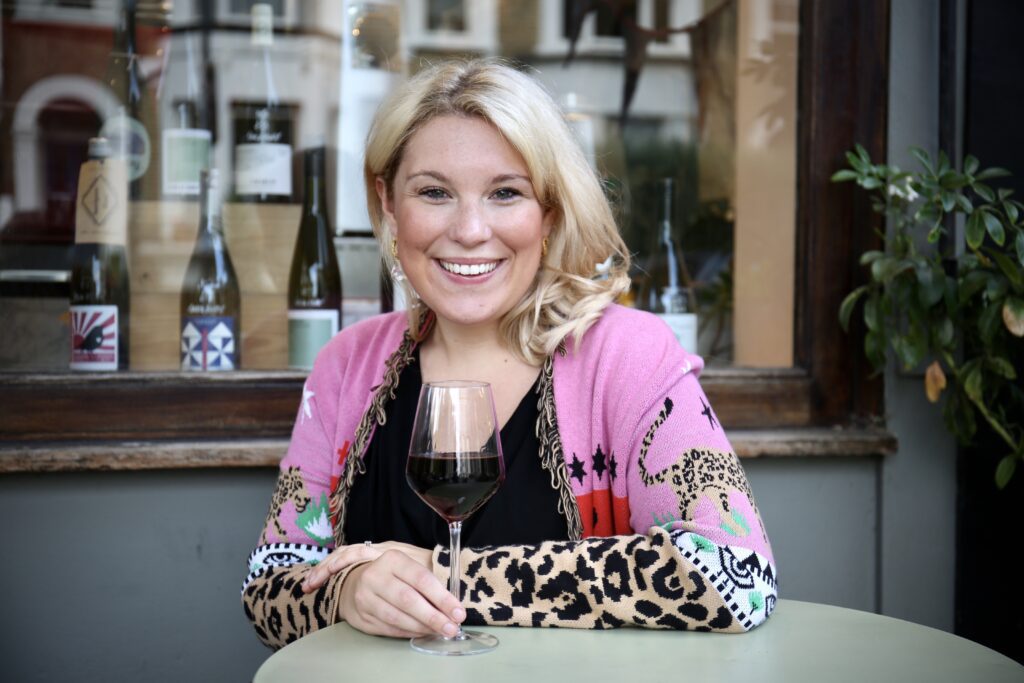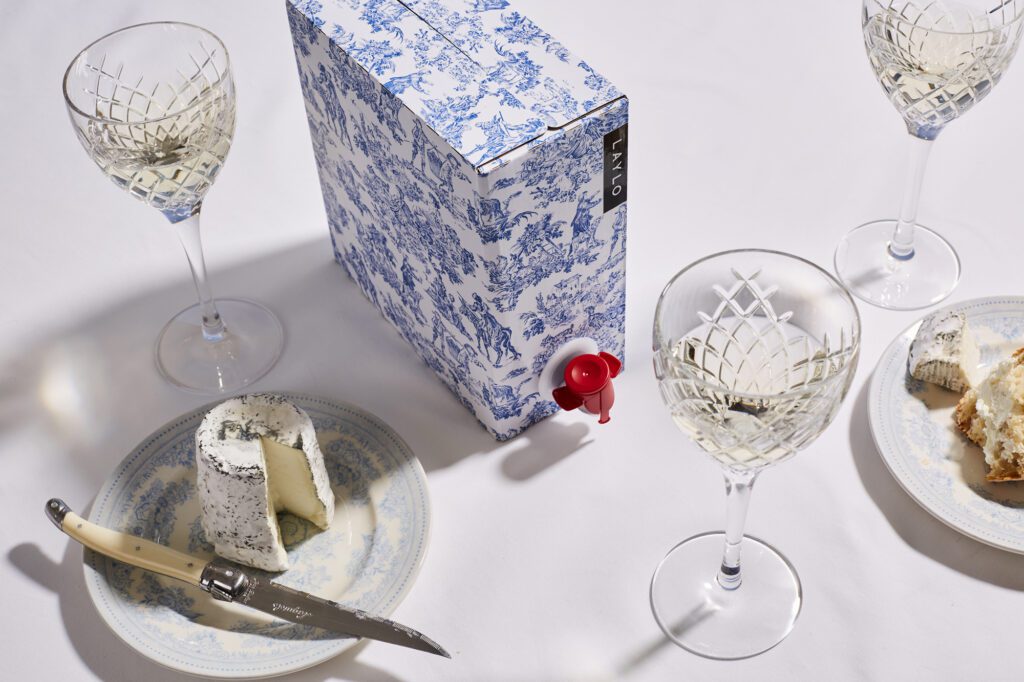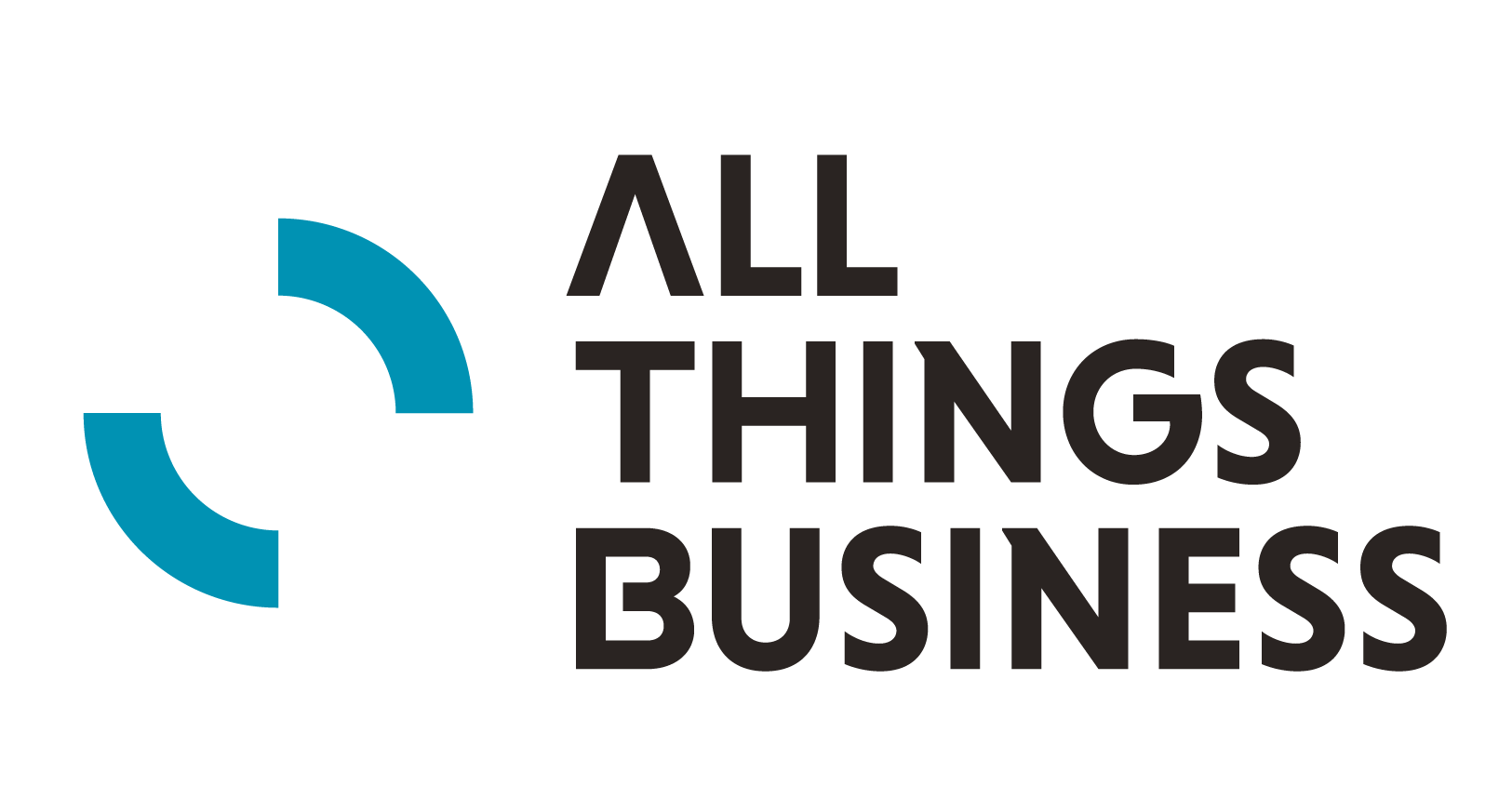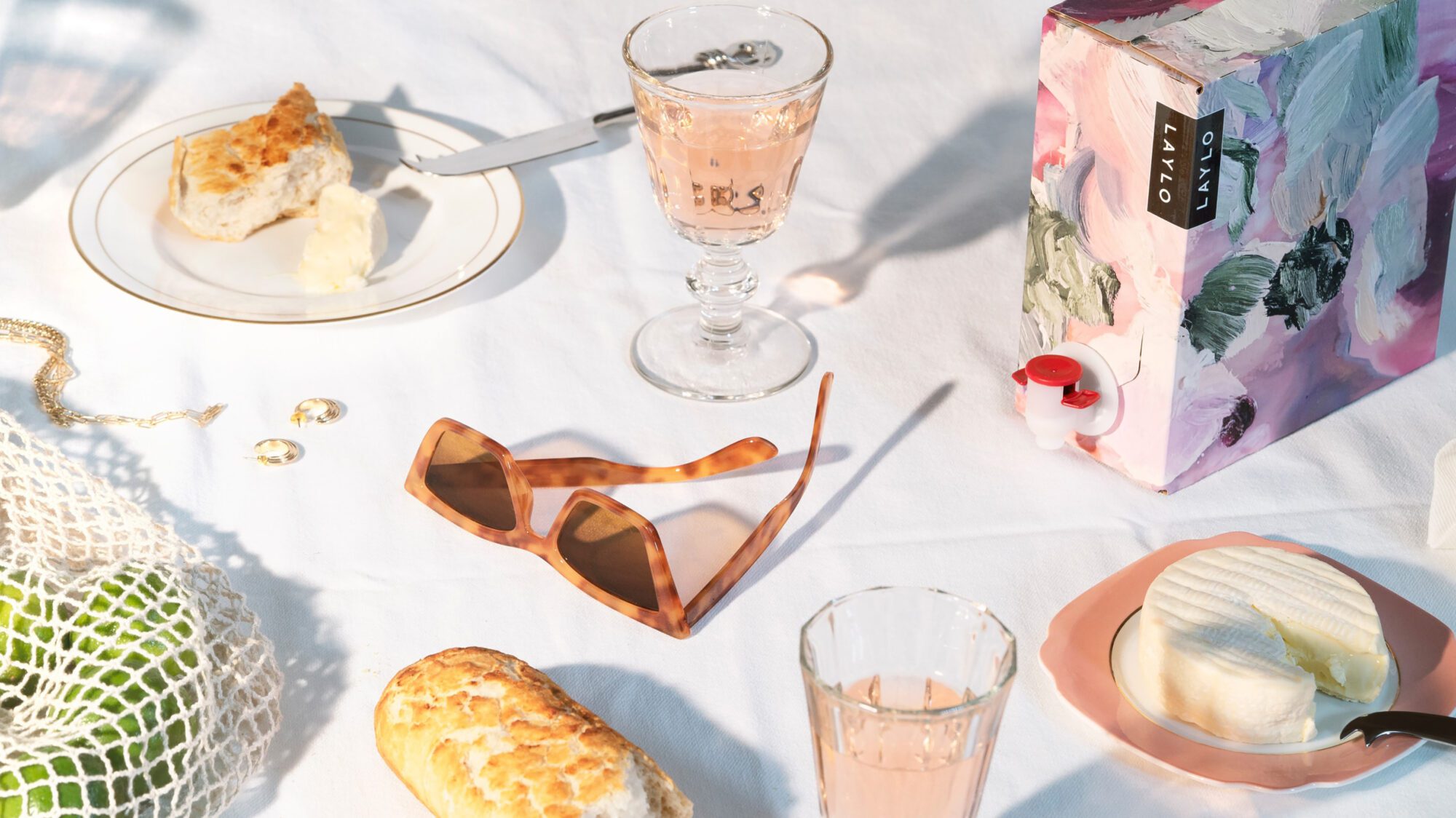For most people, boxed wine is a nostalgic relic of the 1980s, evoking memories of cheap plonk sipped from plastic cups at raucous student parties.
Thanks to technological advances and a cultural shift towards quality over quantity, boxed wine is making a stylish comeback. Gone are the days when boxed wine was the budget option, unsuitable for sophisticated gatherings. Today, boxed wine is synonymous with smart, sustainable luxury. This revival is more than a trend; it’s a movement here to stay, proving that great wine doesn’t have to come in a bottle.
When Laura Riches and Laura Rosenberger launched Laylo in July 2020 amidst the pandemic, they aimed to turn the concept of boxed wine on its head. A few years ago, ‘luxury boxed wine’ might have sounded like an oxymoron, but thanks to shifting attitudes and innovative packaging, it’s now a celebrated reality. Their vision was to create a product you’d proudly place at the centre of a dinner table, not tucked away as an afterthought.
“My background has been in wine for many years,”
Laura Riches said, speaking as part of London Packaging Week.
“I love the product as a consumer and because I think it’s a fascinating category. One of the problems is that people are drinking less. They’re also drinking better. I was interested in this idea, and you become very interested in it when you work in the drinks sector, which is a big existential problem.
“I had been looking at things like cans, pouches and single-serve mini bottles and was surprised to learn that boxed wine stays fresh for six weeks. So, it means you can have the odd glass; you don’t need to commit to a bottle, and the quality of wine you can put in a box is not limited. I used to think boxed wine needed to be cheap plonk, and that used to be the case, but now the packaging is sufficiently airtight that you can put great wines in a box, and they don’t oxidise. It was exciting for me. I had this thought during the pandemic, and at the time, I had a little bit more time on my hands and was questioning how we live and how we work and thought, ‘If I don’t see what happens, then I never will’.
“So, in November 2020, Laura and I bought 2,000 litres of Rioja and shipped it into the country.”
Boxed wine has long suffered from a reputation tarnished by its lower price point and portable packaging, often seen as the poor cousin to its bottled counterpart. But this outdated image is vigorously challenged by a new generation of vintners embracing the cardboard-clad variety. Savvy winemakers are proving that quality wine can come in a box and are making a strong case for it.

“Glass bottles will always play a really important role in wine because they’re the only way to age a wine, and for really fancy high-end wine that will always be important,”
said Laura Riches.
“So, I don’t imagine there’s a world where there are no more glass bottles. However, glass bottles are a format that hasn’t changed for 200 years.
“They’re not necessarily the most space-efficient packaging format, so for me, it was less about asking or suggesting a switch from glass bottles to boxes but more of an idea that glass bottles no longer serve us as consumers. So, I think it was just questioning whether a format that hadn’t evolved in 200 years could be done better. Interestingly, boxed wine in the UK represents a tiny portion of the market. It was only 2% of the UK wine market at the time, but it’s way more internationally. In France, 44% of supermarket wine is sold in a box. In Sweden, that number is north of 60%. I guess there were hints that this was how the market was heading, particularly internationally, and it does seem like a smarter way to drink.”
Embarking on the entrepreneurial journey is a rollercoaster ride of highs, lows, and everything in between. For those who’ve ventured into the daunting realm of starting a business from scratch, the challenges can be both surprising and humbling.
Despite these hurdles, Laura Riches quickly pointed out that there is a silver lining to every dark cloud that hurtles by. She also admitted her resilience had been tested in ways she never anticipated.
“The number one thing I’ve learned in the last four years is it’s hard to go from nothing to something,”
she said.
“I used to work in a big wine company – Naked Wines – and we grew that business over the time I was there from £60m to £100m, and I thought that was amazing. But going from nothing to £1m is so much harder, and it’s a real lesson; something can be so important to you and consumes every waking minute, but if you walk out onto the street, no one cares. I’m just trying to wrap my head around that and then realising or starting to understand how to make people care, how to build a brand that people feel something about, even if that feeling is, ‘Oh, my God, I’m never going to buy that product in a million years’.
“We’re a start-up food and drink business, and we’ve chosen to go down the investment route and take investments from angels and venture capital. So, there have been times I’ve worried about running out of money. That’s number one, but thankfully, we’ve just closed a big fundraiser.”

Navigating the complexities of packaging can be a make-or-break aspect of any burgeoning business. For Laylo, the journey began with finding suppliers who believed in their vision as much as they did. Little did they know two industry giants were willing to take a leap of faith in their start-up. Now, as they scale and their annual packaging spend grows, the foresight of Smurfit Kappa and DS Smith to invest in their vision has cemented lasting partnerships.
“For our packaging, our primary supplier is Smurfit Kappa, and then we work with DS Smith on our outer packaging,”
Laura Riches continued.
“And I think that the common thing that unites those two is that in the early days, they were willing to drop their minimum order quantity because they believed in us, and they believed in the vision that we had for the company and even at a point where we bought just 2,000 litres.
“It’s interesting that they’re big companies and were willing to make that choice when many smaller-scale businesses could have grown with us. We’re now on a decent scale, and it would be quite a big contract – we spend a lot of money on packaging annually. I think it is a bit of a shame that some of the smaller ones didn’t take us. When we were initially scanning the market, they perhaps didn’t take the opportunity to support the underdog.”
Fundamentally, Laylo is a wine company driven to deliver exceptional drinking experiences. And, as Laura Riches pointed out, even though they’re proud advocates of sustainability—with their boxes boasting a staggering 90% lower carbon footprint than glass bottles and being fully recyclable — it all boils down to one crucial question: will people love our wine?
She said:
“I’m clear that we are a wine company and that people drink wine because they want to enjoy a lovely glass, either on their own or with friends. It’s exciting that people are making more sustainable or environmentally conscious decisions. Still, ultimately, I think we have to deliver on our number one objective, which is to create a product people love to drink. Sustainability messaging is important, and people must know that the difference between a box’s carbon footprint and a bottle is profound. It’s not just the 5% saving; it’s 90% less carbon than glass bottles and 100% recyclable. And I’m proud of that, and I think people will feel good about it. But I think people want a wine they will love from our product.”
Find out more at https://drinklaylo.com

